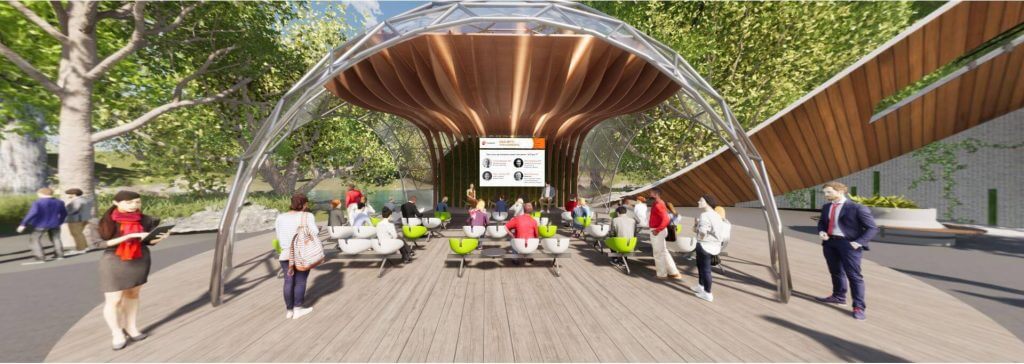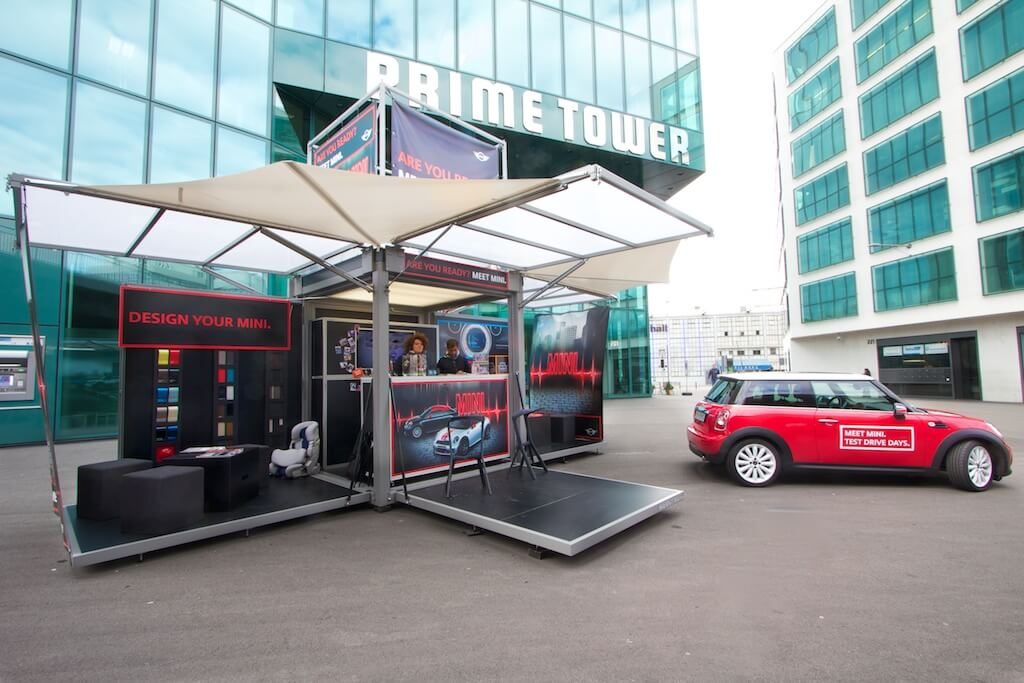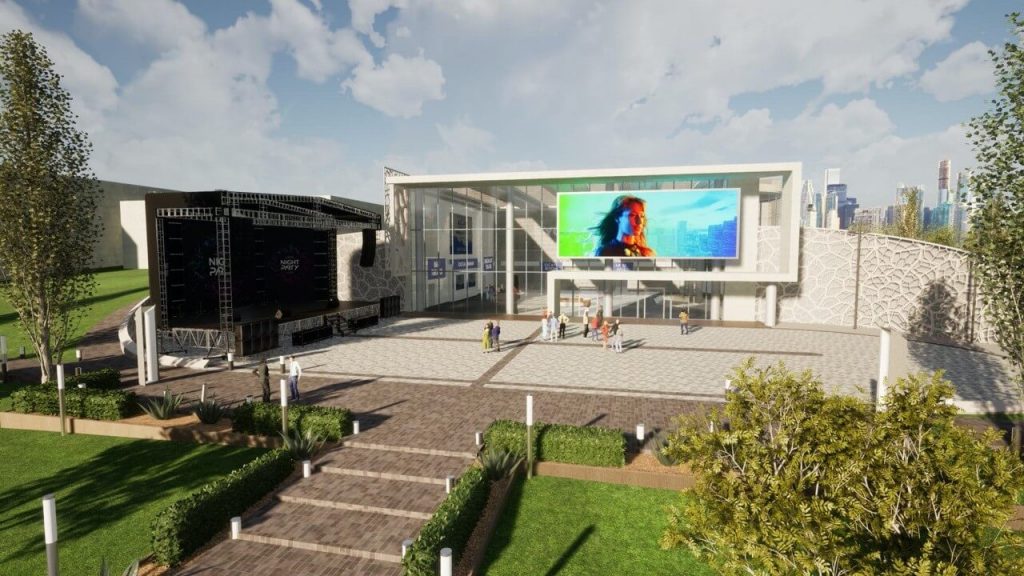When organizing a virtual event, most of the focus is on getting content, speakers, and everything else ready to go. But what happens afterwards? Leave all that carefully created content to gather dust, and you’re wasting a big part of what makes virtual events worthwhile. In fact, you can repackage, repurpose, and reuse many virtual event elements, in a wide range of ways.
Why Reuse Virtual Event Elements?
There’s one main reason to reuse the content from a virtual event, and that’s because it’s there to be used! If you don’t find some way to use it after the event is over, it means the value in that content is going to waste. Of course, virtual content is created specifically for an event, but it can keep providing value afterwards too. Not using it is like leaving money on the table.
And there are some more specific objectives you can achieve by reusing your virtual event content. For instance:
- Event content can be the basis of a wide range of content types. And it can be reused as-is or used to inspire new content. Reusing virtual event content means you have some of the hard work of content creation already done.
- Retool event content for different audiences, to target as-yet untapped demographics.
- Repackage content for different channels to use multichannel marketing to strengthen your brand identity and messages.
- Even if you don’t reuse content for sale, you gain plenty in terms of marketing and outreach. But if your content is suitable, you do have the option of making it available on-demand for a fee.
Ways to Reuse Virtual Event Content After It’s All Over
Update the Event Website with a Retrospective
Once your online event is over, some elements will no longer be relevant. Updating the website is important to remove elements such as ticket purchase and registration pages and links. At the same time, why not update with retrospective content that showcases highlights from the event? Including:
- Still images from presentations and discussions
- A Twitter feed of the day’s tweets using the event hashtag
- Video snippets from the most popular speakers
- Event statistics such as attendee numbers, number of sessions watched, and hours of content viewed
- A “winner’s corner” highlighting the top achievers of any gamification elements
Provide On-Demand Video Content
Making event content available on-demand is the no-fuss way to extend its life once the virtual event is over. One option is to make content available for free to those who attended the event. Another is to make it available for a fee to those who didn’t attend but are interested in viewing one or more of the sessions.
This simple reuse option can be hugely effective in helping your content reach more people. Just by making the content available you not only extend your marketing reach but also have the chance to attract more attendees next year. Make sure to use social media to let people know the content is there. And use SEO on your event and company websites to help pick up search engine traffic.
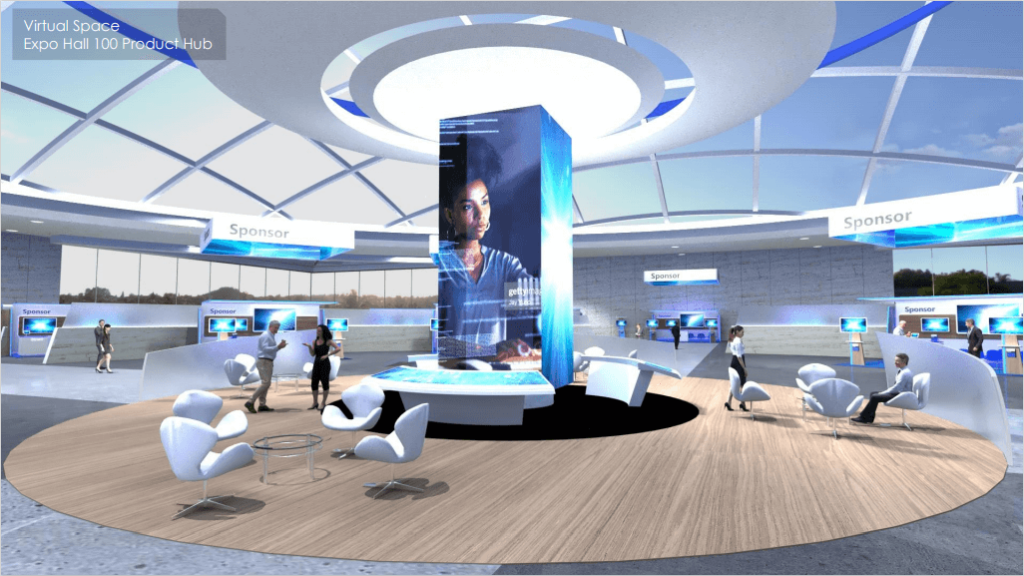
Gate Website Content
Gated content is content that you make available for free on your company or event website in exchange for the viewer’s email address. With this strategy, you get to continue marketing to your email subscribers with the possibility of future product sales, or event ticket sales.
Advertise Future Events
For annual events in particular, event content is often repurposed as marketing material for the next years’ event. A highlight reel of the event’s most spectacular or insightful moments is a perfect advertising vehicle to get people interested in attending next time.
Publish Blog Content
Virtual event content can provide material for a steady stream of blog content for the next several months. This is where having transcripts of event content comes in handy, as you can read these through to find highlights that might serve as inspiration for new pieces. Some options include:
- Key statistics, facts, or quotes from a significant presentation
- Data from audience polls and surveys
- Demographic insights gleaned from attendee data
- “How-to” guides featuring insights you’ve learned from organizing the event
Create Infographics
Infographics are popular and highly shareable. A well-designed infographic can be a great way of organizing data or highlighting the most important parts of a discussion or presentation. Infographics can be used to illustrate the points you make in a blog post or as a stand-alone piece that organizes information to make it easy to take in.
Publish a Podcast
Podcasts are immensely popular and are relatively easy to record and publish. You have a couple of options here: Use audio from the event as-is, or use material from the event as a basis for a series of podcast episodes. Making content available via podcast gives you another channel in which to find an audience, meaning you can expand your reach even further.
Create Social Media Content
Each piece of content created can also be used on social media, providing even more value:
- Create social media posts and tweets to drive traffic to blogs, on-demand content, podcasts, and the event or company website.
- Use video snippets on Instagram, Facebook, and LinkedIn to advertise on-demand content.
- Highlight the best event content in the lead-up to next year’s event to illustrate why it’s not to be missed.
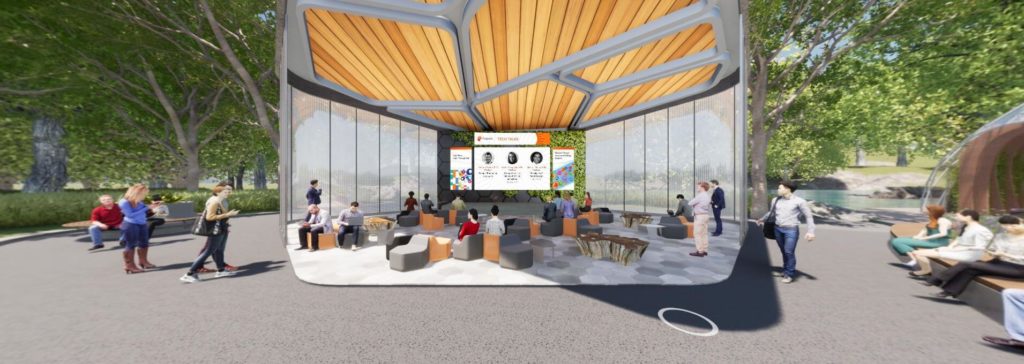
Take Advantage of Guest Content from Event Speakers
If you have some stand-out speakers and other participants, why not invite them to create one or more guest posts? For instance, they might create a new blog post or other piece of content that’s related to their event presentation. This option allows you both to benefit from repurposing the content. It can also help you build long-term relationships with speakers and perhaps help entice them to continue making appearances at your events.
Reusing Virtual Event Content Helps You Maximize Event ROI
For any virtual event—big or small—reusing elements such as graphics, video content, and more, should be a key part of your post-event strategy. Whether you reuse content as-is, repackage it, or use it as a jumping-off point for something new, it’s a vital way of ensuring you get the most value out of your event.
